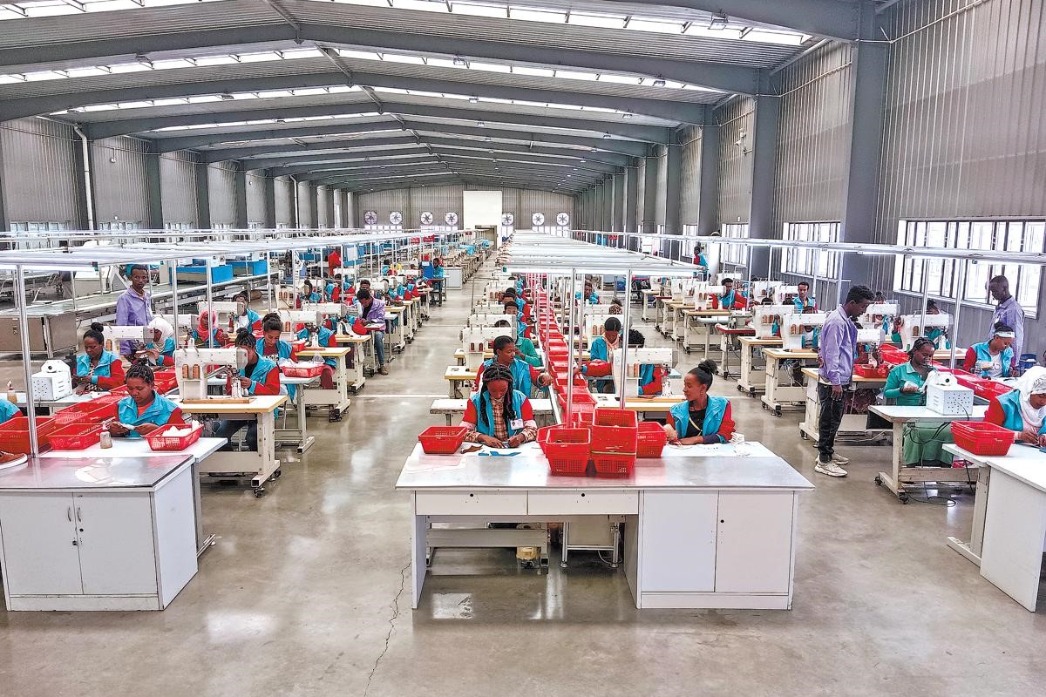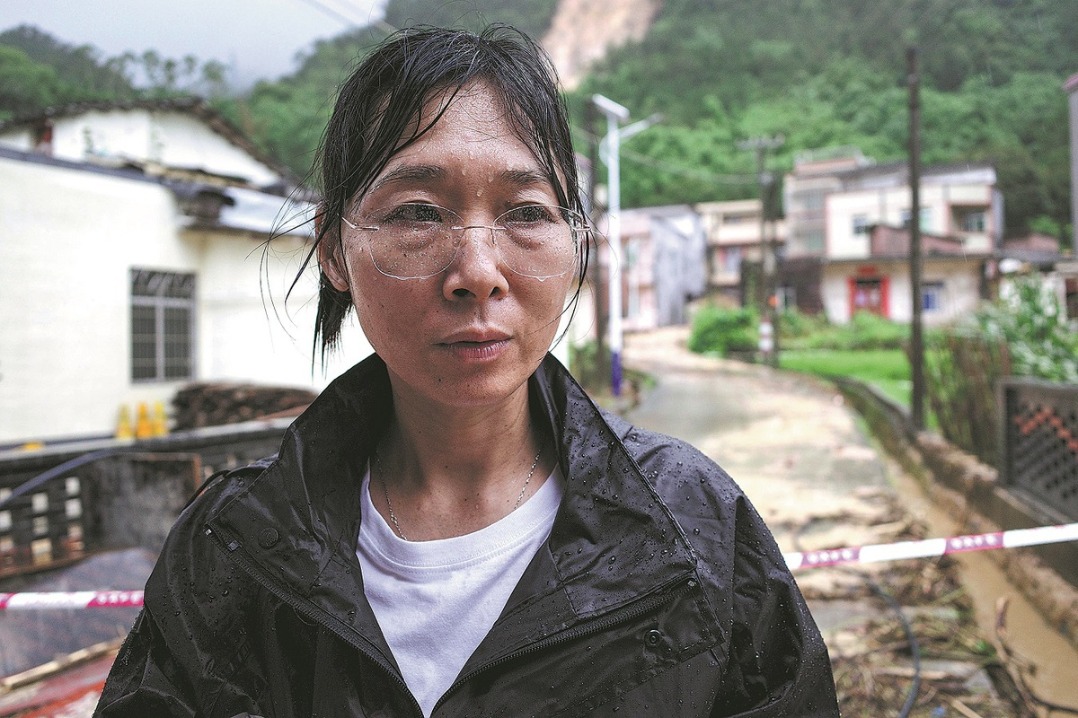The right way to end property market woes

A number of major cities on the mainland have adopted "cooling" measures this year to help rein in runaway residential housing markets.
In the past five years the Hong Kong Special Administrative Region Government has introduced similar measures of its own to curb soaring housing prices, including a special stamp duty designed to discourage resale of apartments within three years of purchase. These measures serve the same purpose as those adopted on the mainland - even though no specific time period is given for them to take effect.
Can such restrictive measures bring property prices down? Hong Kong has seen short-term positive effects in recent years. But it has not been able to buck the long-term trends of rising residential prices which have set new records despite all these efforts.
Classical free market economic theory states that prices are determined by both supply and demand; to curb a rise in prices one needs to reduce demand or increase supply or do both. The problem is that a deliberate reduction of demand or an increase in supply won't be able to stop rising housing prices if the cost of supply keeps going up or if demand is inflexible and cannot be suppressed.
Whether it is in Hong Kong or the mainland the main determinant of property prices is the cost of land. The SAR government has adopted many restrictive measures in recent years, but none of these were meant to contain land prices. As long as the government uses land sales as a main source of revenue then land prices will only go up instead of down. The same is also true on the mainland.
When it comes to demand for housing there is no difference between Hong Kong and the mainland. It will always be rigid no matter what restrictive measures are introduced. Those measures can make it harder and longer for people to become homeowners but they cannot kill their dream of becoming homeowners. One could say it is in Chinese people's blood.
This is because we cherish "family" very much and "family" must have a "home", which is better bought than rented. Besides, Chinese people care a great deal about "face"; they do not like to be outshone by their neighbors when it comes to homeownership.
People may wonder why the Hong Kong Chinese generally prefer buying instead of renting homes despite more than one and a half centuries of Western influence. I believe the reason is that Western values don't exactly clash with a Chinese tendency to feel peer pressure and to save "face".
When residential buildings become investment vehicles and the property market becomes part of the asset market, the real estate market begins to suffer from speculation. Restrictive measures can make property investments or speculation more difficult but they cannot make them disappear.

Therefore, the right way to resolve the issue of soaring home prices for good must include lowering costs, destroying monopolies, adjusting demand and boosting supply at the same time.
Lowering costs means reducing land prices. The government must overcome its reliance on land sales for fiscal revenue; it must also stop the habit of measuring its performance according to the GDP; it must also stop hiding behind the vanity of a booming real estate market. Land prices will fall when the government stops solely relying on land sales. Eventually it will reach a level most local residents can afford apartments built on cheaper land. That will allow the government to break the domination of Hong Kong's economy by the real estate industry and property market speculation.
Monopoly is a common disease spawned by market competition regardless of industry or sector. But it is particularly evident in the property sector. This is because it is a "big boys" game which requires huge investments.
"Adjusting demand" means curbing the urge to invest or speculate in real estate. "A home is first and foremost a shelter." It is time we let this serve its primary purpose so ordinary Hong Kong residents can afford to buy a home of their own at a reasonable cost.
"Increasing supply" is very much up to the government, which must provide public housing or low-rent apartments. It must also understand Chinese people's tendency to succumb to peer pressure and save "face" - which is not easy to stop.
By providing more subsidized housing or affordable housing for intermediate and low-income households, the government can help break the property market monopoly by a few corporate giants. Then private housing supply will become rational again. Then any rises will be in accordance with actual demand rather than due to market speculation.
(HK Edition 10/11/2017 page8)
Today's Top News
- US can't reverse re-globalization trend
- Chinese citizens moved to safety amid Mideast conflict
- Nation set to further advance financial opening-up
- Xi's speech in Astana wins global acclaim
- Summit enhances regional cooperation
- Intl community must push for de-escalation in the Middle East






























